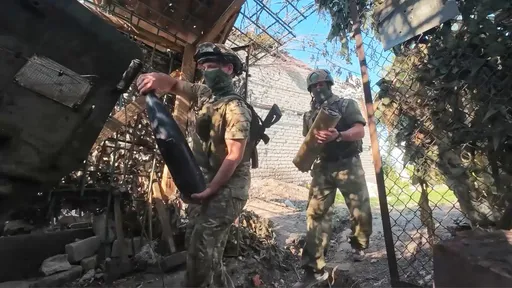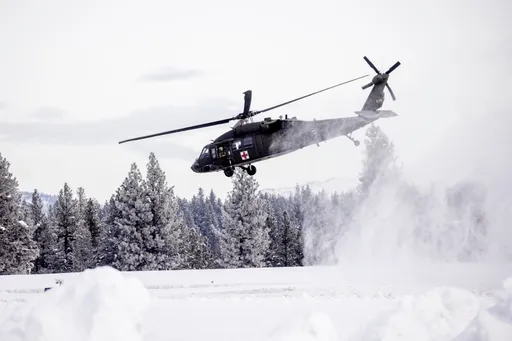Dozens of young girls have been buried at a desolate hilltop cemetery in Kabul, a day after a secondary school was targeted in the bloodiest attack in Afghanistan in over a year, leaving more than 50 dead and nearly 150 wounded.
Bodies in wooden coffins were lowered on Sunday into graves one by one by mourners still in a state of shock and fear.
"I rushed to the scene (after the blasts) and found myself in the middle of bodies, their hands and heads cut off and bones smashed," said Mohammad Taqi, a resident of Dasht-e-Barchi, whose two daughters were students at the school but had escaped the attack.
"All of them were girls. Their bodies piled on top of each other."
Dasht-e-Barchi is a west Kabul suburb populated mostly by Hazara Shias.
Relatives buried the dead at a hilltop site known as "Martyrs Cemetery", where victims of attacks against the Hazara community are laid to rest.
Last week the school's students had protested about a lack of teachers and study materials, said Mirza Hussain, a university student from the area.
"But what they got (in return) was a massacre."
Bodies being collected from morgues
Mostly female students were killed or wounded in Dasht-e-Barchi in a series of blasts, officials said.
Families of the victims blamed the Afghan government and Western powers for failing to put an end to violence and the ongoing war.
Bodies were still being collected from morgues as the first burials were conducted in the west of the city. Some families were still searching for missing relatives on Sunday, gathering outside hospitals to read names posted on the walls, and checking morgues.
"The entire night we carried bodies of young girls and boys to a graveyard and prayed for everyone wounded in the attack," said Mohammed Reza Ali, who has been helping families of the victims at a private hospital.
"Why not just kill all of us to put an end to this war?" he said.
US troop withdrawal
On Sunday, civilians and policemen collected books and school bags strewn across a blood-stained road that was busy with shoppers ahead of this year's celebrations for Eid al Fitr next week.
Saturday's blasts came as the United States military continues to pull out its last 2,500 troops from the violence-wracked country despite faltering peace efforts between the Taliban and Afghan government to end a decades-long war.
Interior Ministry spokesperson Tareq Arian told reporters that a car bomb detonated in front of the Sayed Al Shuhada girls school, and when the students rushed out in panic, two more devices exploded.
READ MORE:Blast near girls school in Afghan capital Kabul kills scores
Blame game
The government blamed the Taliban for the carnage, but the insurgents denied responsibility and issued a statement saying the nation needed to "safeguard and look after educational centres and institutions".
"This savage group does not have the power to confront security forces on the battlefield, and instead targets with brutality and barbarism public facilities and the girls' school," President Ashraf Ghani said in a statement after the blasts.
The Taliban denied involvement, and insist they have not carried out attacks in Kabul since February last year, when they signed a deal with Washington that paved the way for peace talks and withdrawal of the remaining US troops.
But the group has clashed daily with Afghan forces in the rugged countryside even as the US military reduces its presence.
Taliban warns US of consequences
The United States was supposed to have pulled all forces out by May 1 as agreed with the Taliban last year, but Washington pushed back the date to September 11 – a move that angered the insurgents.
The leader of the Taliban, Hibatullah Akhundzada, reiterated in a message released ahead of Eid that any delay in withdrawing the troops was a "violation" of that deal.
"If America again fails to live up to its commitments then the world must bear witness and hold America accountable for all the consequences," Akhundzada warned in Sunday's message.
He also said that the country should "safeguard and look after educational centres and institutions".
READ MORE:Impending US retreat from Afghanistan is already raising alarm
Regular target of Daesh
The Dasht-e-Barchi neighbourhood has been a regular target of attacks from Daesh terrorists.
In May last year, a group of gunmen launched a brazen daylight raid on a hospital in the area that left 25 people dead, including 16 mothers of newborn babies. The US blamed Daesh for the attack.
On October 24, a suicide bomber blew himself up at a tuition centre in the same district, killing 18 people in an attack claimed by Daesh.























